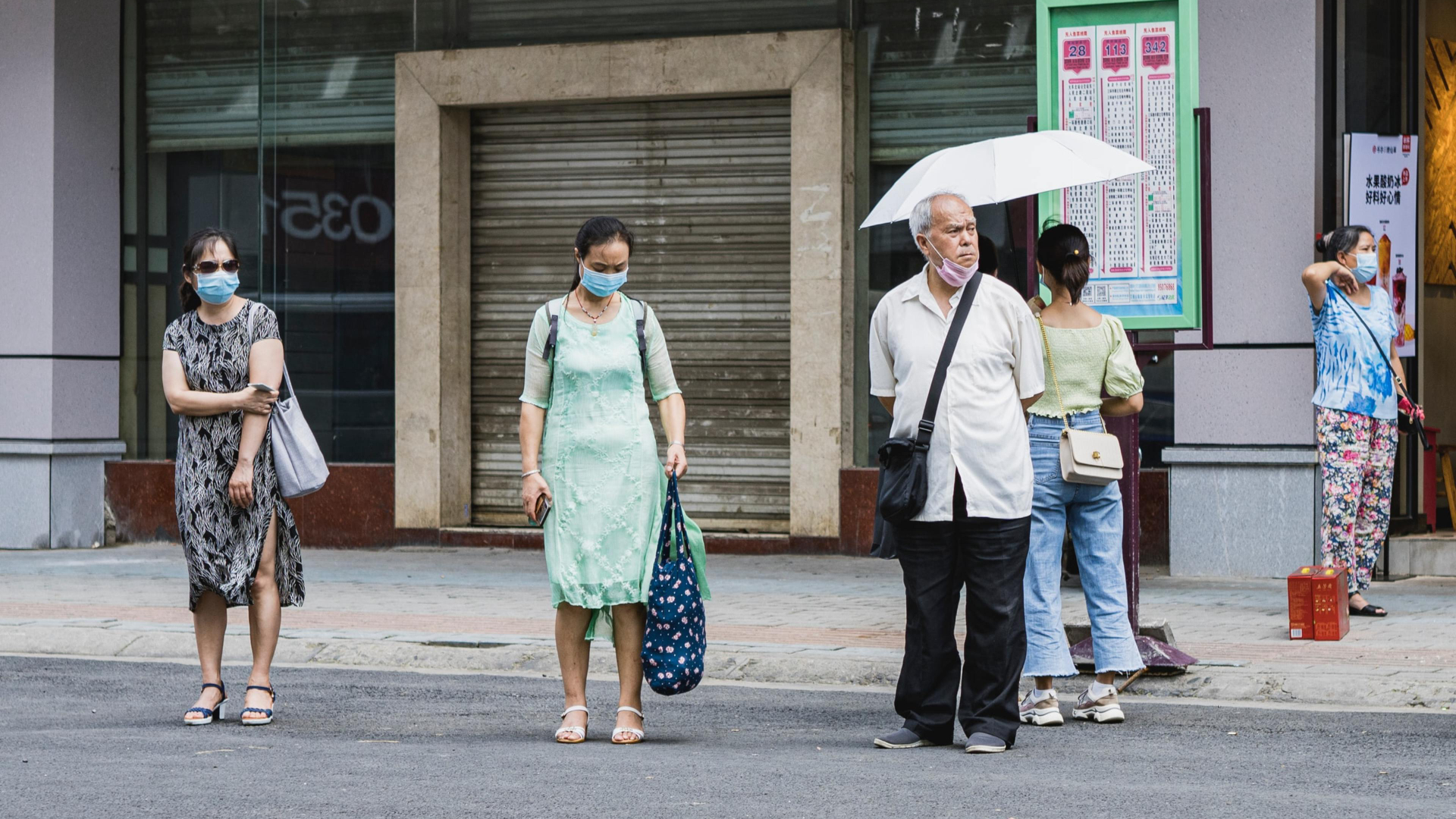“Intelligent Isolation”
After the two-month COVID-19 quarantine that started March 24th throughout Colombia, the country entered a new phase called “Intelligent Isolation,” which meant more business opening up with fewer restrictions on staying inside. Like many countries, Colombia has had to make tough decisions to protect its citizens from the Coronavirus and also take into consideration its economy. Despite the strict quarantine, cases in Colombia continue to rise as the country opens up, reaching 68,652 cases with 2,237 deaths on June 21st, according to Colombia’s Ministry of Health.
The Quarantine’s Impact on the Colombian Job Market

Colombia’s COVID-19 quarantine has had a particularly devastating impact on those working in the informal job sector. In the city of Medellin, Colombia, 40.7% of the town’s inhabitants work in the informal job sector. This means people do not have regular work and thus have little job security. Mostly short-term contracts don’t offer a pension or health and medical insurance. Families that traditionally made their living with house cleaning, selling things on the street, or working in restaurants, have had to turn to beg door-to-door to make ends meet. Even as the economy opens up and restaurants and small shops unlock their doors under strict regulations, many people do not have jobs to go back to. Without help from the government and charities, the economic downturn will further devastate these people.

In the city of Medellin, Colombia’s second-largest metropolis, we continue our “Intelligent Isolation” phase of the COVID-19 response. People can go out every other day for food and run errands. Most restaurants and shops require taking shoppers’ temperatures to enter. They also must register their personal information to allow the government to track and trace the spread of the Coronavirus. Masks are mandatory for all residents, and a fine of up to 900,000 COP (about $275) dollars is levied on all that do not comply with these regulations.
International travel? Forget about it until September 2020. Just now, only people with special permission from the government may travel nationally between Colombia’s districts. Of course, if expats need to fly back home, they should contact their embassy to make special arrangements. Colombia’s schools will remain closed until January 2021.
Praise And Protest For Medellin’s Handling Of COVID-19
Throughout the three months of quarantine, well-known news outlets such as the New York Times and the Economist praised Medellín for its handling of the Pandemic. However, as I see more and more people out every day in Medellin, I wonder if the economy is opening too soon. Colombia has not yet flattened its curve. In fact, we are seeing more cases popping up throughout the country with each passing day. In the midst of the rise in cases throughout the country, the authorities implemented a “Tax-Free Shopping Day”, which resulted in long queues, large crowds, and people cramming into stores in a mad scramble to buy things at a lower cost.
As the rest of the world wonders about Colombia’s risky actions, I have my concerns about the government’s decision to reopen the country. Ultimately, no matter where we are in the world, we must learn to live with the reality of the new normal. I remain hopeful that hospitals will never breach capacity, and that the government will implement subsidies for its neediest people. Until there is a vaccine, I will continue to be patient, do my part to wear my mask, stay inside as much as possible, and donate to local organizations that are supporting those less fortunate during this time.
What are your thoughts about how authorities handle the pandemic where you live? Share your views with us!
By: Erin Colton-Enberg


